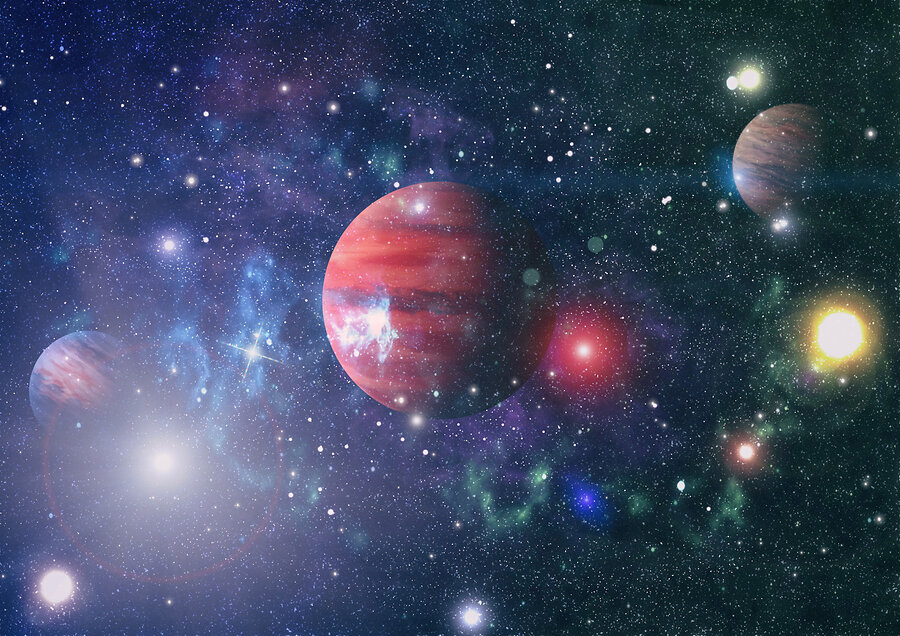NATIONAL SPACE DAY
by Rob Lauer

Is there anything more interesting, exciting, and mysterious than outer space? Never-ending, eternally expanding, full of stars and planets and enigmas-humanity will never stop uncovering the secrets that this great vacuum holds.
National Space Day, held on the first Friday of each May, honors humanity's extraordinary achievements in the exploration of space.
In a sense, it could be said that the history of National Space Day stretches back to the very beginning of the universe when the Big Bang jump-kicked the galaxies and everything in them into action.
In actuality, National Space Day was first hosted in 1997 by the Lockheed Martin Corporation to teach young people about different aerospace careers and inspire them to become interested in space exploration. What was meant to be a one-time event was so popular with teachers, space enthusiasts, and aerospace workers that it continued to be celebrated every year.
In 2001, John Glenn-former astronaut and U.S. Senator-proposed extending the observance worldwide by creating International Space Day.
Space has always fascinated humanity. The earliest cultures studied the seasonal movement of the stars and planets, envisioning them as living things-sky gods and spirits-who ruled the heavens and Earth. The Ancient Greeks first developed what would eventually evolve into the modern science of astronomy.
Thanks to that science, we have come far in understanding the cosmos while continually uncovering surprising facts.
For example, scientists have discovered that besides visible matter, there is also the unseen matter known as dark matter. The matter that we can see-that which makes up all of the galaxies and everything in them-accounts for only five percent of the universe's contents. By contrast, dark matter outweighs visible matter by a ratio of roughly six to one and makes up about 27 percent of the universe.
The science of space exploration has played a significant role in the life of Hampton Roads. The Langley Research Center (NASA Langley), located in Hampton, is the oldest of NASA's field centers. Focused primarily on aeronautical research, NASA Langley tested groundbreaking space hardware, such as the Apollo Lunar Module. In addition, a number of the earliest high-profile space missions were planned and designed there. On Nation Space Day, all of us here in Hampton Roads can feel a bit of local pride.
National Space Day is the perfect time to reflect on our place in the grand scheme of things. Contrary to beliefs held for thousands of years, we humans are not the center of the universe but inhabitants of a small planet-one of countless others. To gaze heavenward at the night sky's spectacular display of stars and distant planets is to invite a feeling of awe, reverence, and wonder. As we continue exploring space and discovering how the universe came to be, our discoveries inspire poignant questions beyond the scope of science: Why did the universe come to be, and what is the meaning of our place in it?
The Shopper
1545 Crossways Blvd.
Chesapeake, VA 23320
757-317-5465
http://www.TheShopper.com

